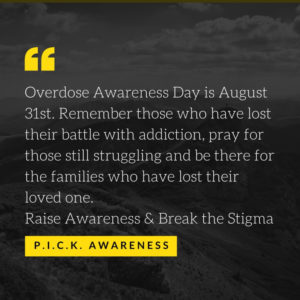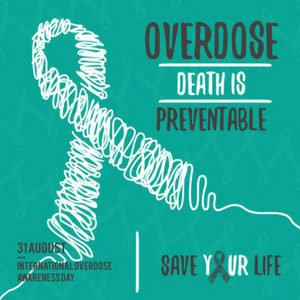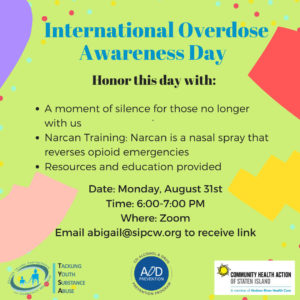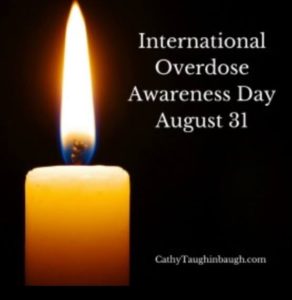Opioid addiction remains one of the primary public health crises in the nation. In order to fight it, everyone needs to do their part. The medical community is taking steps to address the frequency with which they prescribe opioid-based pain medications. Law enforcement has stepped up their efforts to reduce the influx of synthetic opioids such as fentanyl and carfentanyl. Unison Health has increased its capacity to treat substance abuse disorders through its Sub-Acute Detox facility and Recovery Housing.
PREVENT MISUSE IN THE FIRST PLACE:
One of the best ways to prevent you or the people around you from misusing opioids is to not have any around in the first place! If you’ve been prescribed opioid-based prescription pain medications in the past, check your medicine cabinet to make sure you don’t have any leftovers. Over half of all people with a history of opioid misuse report having gotten or stolen them from a friend or family member.
The best way to dispose of extra medications is through a program in your community. In the meantime, there are places throughout the greater Toledo area where you can deposit unwanted prescription medications safely and easily or check out what places are nearer to you in your county online.
Recognizing the Signs of Opioid Misuse:
According to the AMA, 45% of people who use heroin started with an addiction to prescription opioids. Because people usually receive their initial prescriptions from honest doctors trying to alleviate legitimate pain, some individuals labor under the misconception that these medications are safer than illegal drugs. The fact of the matter is that the potential for abuse and even addiction is very real, and addiction has been known to take hold after just one week of regular use.
For people who are concerned that their child, loved one or friend is misusing opioids, look for the signs. Mood swings or constant irritability may describe the majority of teenagers, but in their extreme form it could indicate a more serious problem. Losing a job or failing in school can also be a red flag, as can disappearing for long periods of time, stealing money or frequent flu-like symptoms. Of course, be on the lookout for more obvious signs such as puncture marks on the arms or excessively lethargic behavior.
Stage 3: Getting Help for People Fighting Opioid Addiction
The AMA also offers pointers on what to do when you’re dealing with someone contending with serious opioid misuse, including knowing the signs of an overdose. These may include:
- Slowed or no breathing
- Unconsciousness
- Confusion
- Nervousness
- Pinpoint pupils
- Clammy skin
- Fatigue
- Seizures
If someone you know is misusing opioids, it may be a good idea to keep Naloxone – Narcon (a narcotic antidote) on hand. Naloxone reverses the effects of opioids and can help preventing death from an overdose until healthcare professionals can arrive. Naloxone is available at a number of pharmacies throughout the U.S. without a prescription, and is recommend you confer with your doctor to see if Naloxone is right for your loved one.



